Addressing a meeting of his ruling Justice and Development Party (AK Party) in the capital Ankara on Tuesday, President Recep Tayyip Erdoğan commemorated the victims of the May 27, 1960 coup. “This is the anniversary of a sad day, a bleeding wound in the hearts of our nation,” Erdoğan said.
The president reiterated his criticism of the main opposition Republican People’s Party (CHP) “which drove Türkiye to the atmosphere of coups.”
The 1960 coup’s target was the Democrat Party (DP) of Prime Minister Adnan Menderes, who won the country’s first elections held four years after Türkiye formally switched to a multiparty system. The DP’s victory ended the lengthy one-man rule of Ismet Inönü, the second leader of the CHP founded by the Republic of Türkiye’s founder Mustafa Kemal Atatürk. As the DP boosted its popularity against its main rival, the CHP, political tensions flared, especially after the party’s second electoral victory in 1954. The Menderes government was still popular when Ismet Inönü, the second president of the country and head of the CHP, launched a nationwide campaign dubbed the “Great Offensive” (as in the campaign of Turkish forces in the War of Independence where Inönü played a major role). The CHP had been a proponent of protests against the Menderes government as a social divide deepened in the country, pitting opposition supporters representing an elite class that thrived under Inönü against the “Anatolian” masses disillusioned with single-party rule and rallied behind Menderes.
Erdoğan heaped praise on the Democrat Party and his political idol Menderes, citing an end to the practice of Turkish recitation of the Muslim call to prayer imposed under Inönü rule (something that angered pious conservatives). He said it was Menderes and his colleagues who opened imam-hatip schools (which offer courses on religion) and Quran classes, adding that they ended “fascist practices,” referring to suppression of religious practices under single-party rule.
“May 27, 1960 dealt a blow to the Menderes government, the public’s will and hopes. It is no coincidence that anyone resisting against (military) tutelage is threatened with the words that their end will be similar to that of Menderes,” Erdoğan said, referring to the hanging deaths of Menderes and two of his ministers, Fatin Rüştü Zorlu and Hasan Polatkan.

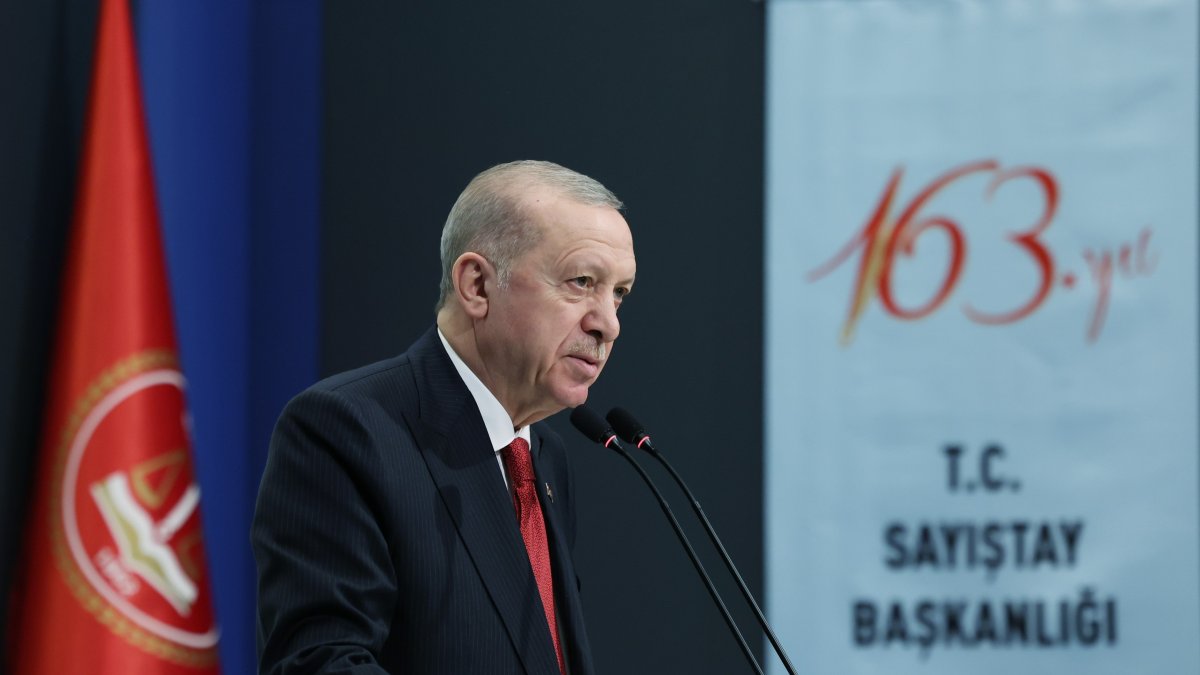



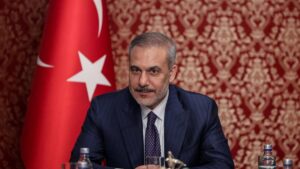

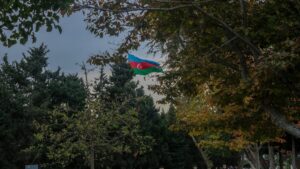



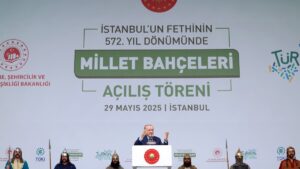






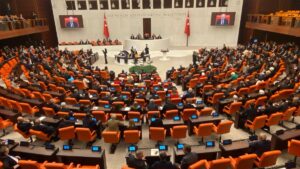
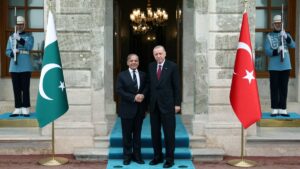





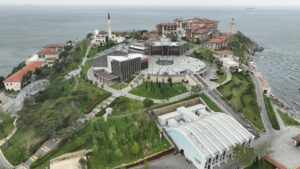





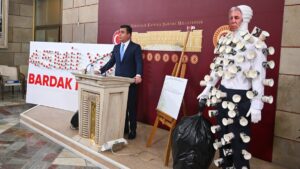



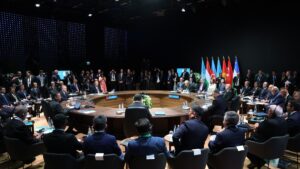
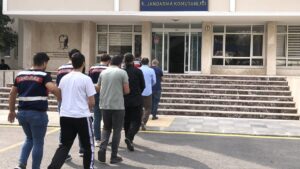




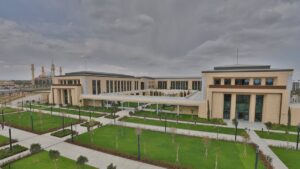


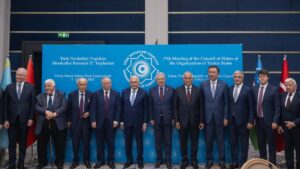
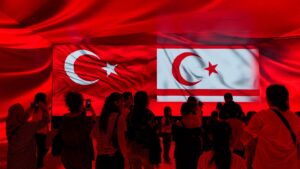



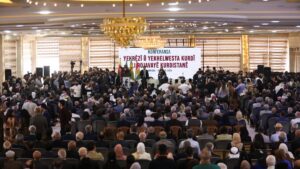

Be First to Comment